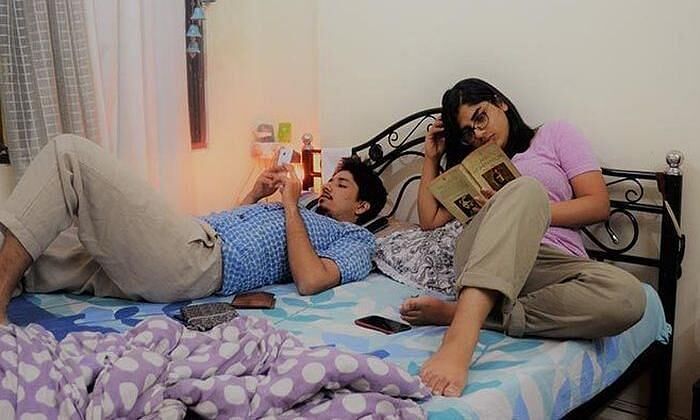Dismissing a petition filed by a runaway couple seeking protection, the Punjab and Haryana high court has said that a live-in relationship is morally and socially unacceptable. According to reports, the petitioners Gulza Kumari (19) and Gurwinder Singh (22) had stated in their petition that they were residing together and intended to get married shortly but they apprehended danger to their lives from Kumari’s parents.
According to the petitioner’s counsel J S Thakur, Singh and Kumari were living together in Tarn Taran district. He said Kumari’s parents, who are in Ludhiana, did not approve of their relationship.
On the other hand earlier in March, the Supreme Court has agreed to examine a critical question of whether minors indulging in a consensual relationship could be tried under the stringent Protection of Children from Sexual Offences (POCSO) Act 2021.
A bench headed by Justice Indira Banerjee sought a response from the Tamil Nadu government on a plea seeking clarity on the law for punishing minors, who indulge in consensual sex under POCSO Act. The petitioner argued that POCSO Act’s aim was not punishing teenagers for consensual sex.
The counsel for the petitioner urged the top court to grant interim protection to his client in a complaint filed in 2015.
The petitioner argued he and the victim developed a liking for each other while at school and the sexual relationship between them was consensual. The matter is connected with a 2015 criminal complaint, which was filed by a 17-year-old girl against the petitioner, who was 18-year-old then. The complaint alleged rape, cheating and offences under POCSO Act.
According to the complainant, the alleged offence took place in 2014, when both the victim and the petitioner were minors.
The petitioner, in the plea, argued that the bigger issue involved in the matter is that whether teenagers who are having consensual sex or they are in a live-in relationship should be punished under the POCSO Act. After a brief hearing in the matter, the top court said: “Issue notice. In the meanwhile, no coercive steps to be taken against the petitioner.”

